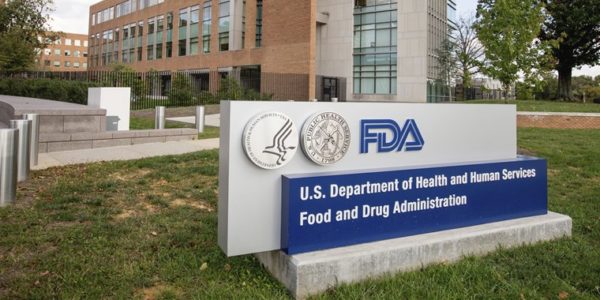Upper body mobility: A crucial focus in FSHD treatment
by Anna Gilmore, FSHD Society
 On August 23, 2024, the FSHD Society brought a fresh perspective to the Food and Drug Administration’s (FDA’s) attention during a Patient Listening Session focused on upper body mobility in facioscapulohumeral muscular dystrophy (FSHD). The session aimed to shift the conversation around mobility beyond the ability to walk, and highlight the significant impact of upper body weakness on daily life for people with FSHD.
On August 23, 2024, the FSHD Society brought a fresh perspective to the Food and Drug Administration’s (FDA’s) attention during a Patient Listening Session focused on upper body mobility in facioscapulohumeral muscular dystrophy (FSHD). The session aimed to shift the conversation around mobility beyond the ability to walk, and highlight the significant impact of upper body weakness on daily life for people with FSHD.
Most people – even many clinicians – think mobility is only about a person’s (in)ability to walk. However, a staggering 96% of people with FSHD experience weakness in the upper arms, shoulders, and trunk. This often-overlooked aspect of the condition profoundly affects a person’s ability to do everyday tasks and maintain independence.
The ability to wash your hair, reach to break a fall, or hold an infant is crucial to quality of life. While we would never understate the impact of lower body weakness or loss of ambulation, we felt it was important to shine a light on an aspect of mobility that typically doesn’t get as much attention from regulators, payors, or even physicians.
Seven speakers shared their personal experiences by painting a vivid picture of the challenges faced by those living with the condition, and emphasizing the relentless nature of FSHD and the urgent need for treatment options. They gave measured, specific, and quantifiable examples that would resonate with this audience, and answered questions with insight and grace.
The session drew significant attention from the FDA, with more than 40 representatives from 17 offices across three different centers (Drugs, Biologics, and Devices) in attendance. This broad interest underscores the growing recognition of FSHD’s impact and the need for effective treatments. “Having such a large and diverse audience for this meeting was telling,” said Mark Stone, FSHD Society CEO. “We know regulators at the FDA – and around the world – are paying attention to what the FSHD community has to say. This conversation will help set the standard for better treatments down the road.”
We are grateful to all who participated. Community panelists: Amy Bekier, Maggie Eggleston, Heloise Hoffmann, Evan VanDyke, Jack Gerblick, Debbie Eggleston, and Archer Sverdrup; clinical expert Nicholas Johnson, MD; and advisors and supporters James Valentine, Larry Bauer, and Paul Melmeyer.
We are producing a summary report of the meeting, which will be available publicly on the FSHD Society’s website at fshdsociety.org/ our-impact/advocacy/.


Leave a Reply